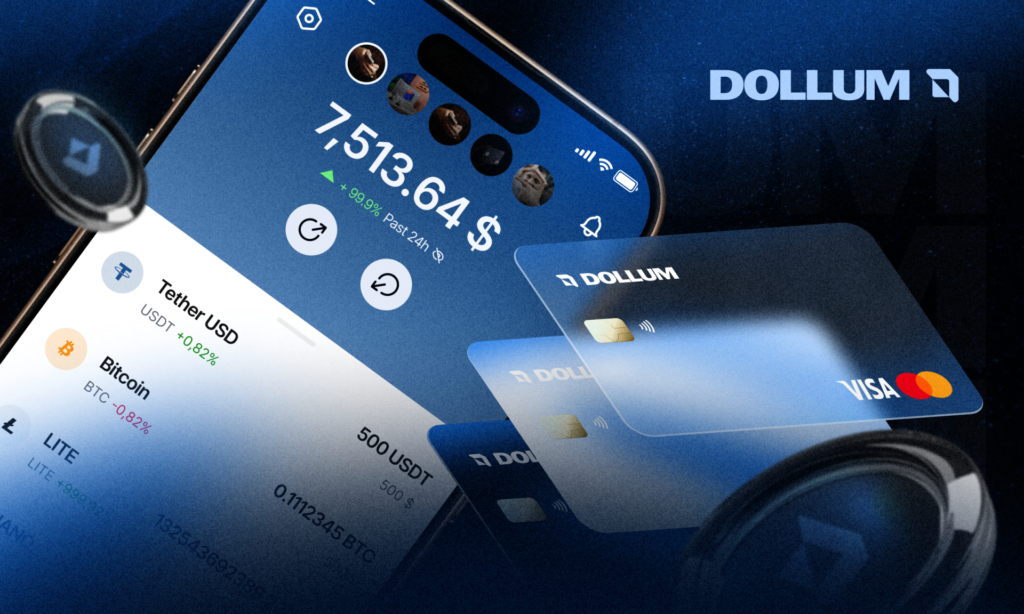According to Bloomberg, South Korea intends to roll out blockchain-based digital IDs for its population by 2024.
Smartphones will be equipped with these digital IDs, which will function just like traditional resident registration cards.
The need for digital IDs is not a new one; its significance became clear as soon as the world adopted a digital economy and an increasing number of individuals started using cashless payment methods.
The South Korean government is planning to implement a decentralized identity system because of concern about being perceived as a “Big Brother.”
The government would not have direct access to any of the data saved on phones, including the digital ID and how it is used, according to Suh Bo Ram, Director-General of South Korea’s Digital Government Bureau.
The South Korean government made an effort to regulate crypto trading in January 2018 by limiting trades to only real-name bank accounts. Simply said, in order to trade, a bitcoin trader requires a bank account.
The Act on the Reporting and Use of Specific Financial Transaction Information (the “March 2020 Amendment”) was notable changed in South Korea on March 5, 2020.
The law creates a regulatory framework for cryptos as well as the services and activities that go along with them, making cryptos legal in South Korea and establishing strict compliance standards.
The nation has already successfully used blockchain technology to create digital driver’s licenses.
According to a report from 2020, one million people have abandoned their traditional paper license in favor of a digital one powered by blockchain and used in conjunction with the PASS smartphone app.



